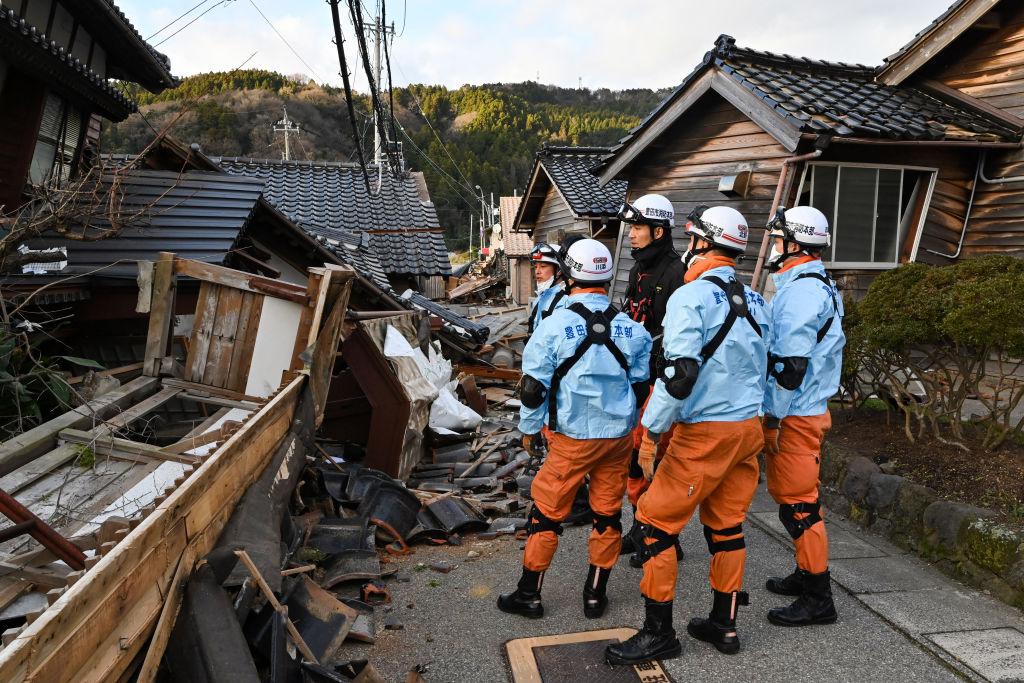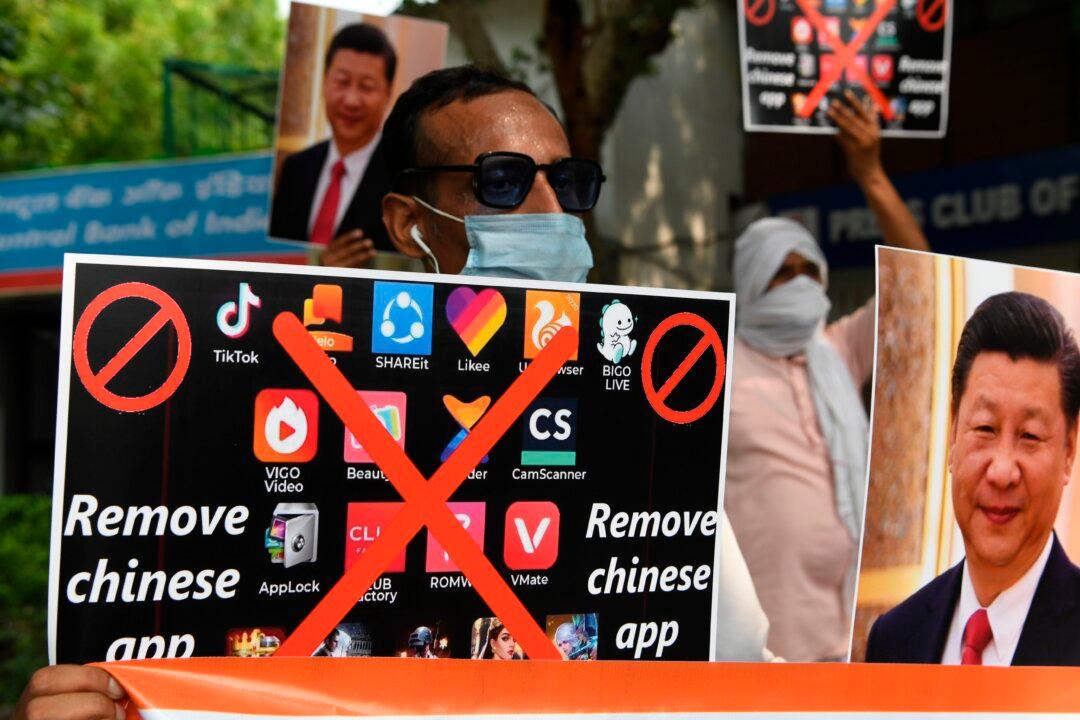Since Hong Kong passed the National Security Law and Article 23 legislation, its position as an international center has been rapidly replaced by other cities. Japan, once known as the “Asian financial center” in the 1980s, sees the current situation as a great opportunity to reclaim the title.
Hong Kong, an international financial center for years, used to attract investors from all over the world. However, after the National Security Law was introduced in 2020, foreign investors started to withdraw, worrying about its impact on the city’s business environment. Starting in 2022, Singapore replaced Hong Kong as the third largest international financial center after New York City and London.




